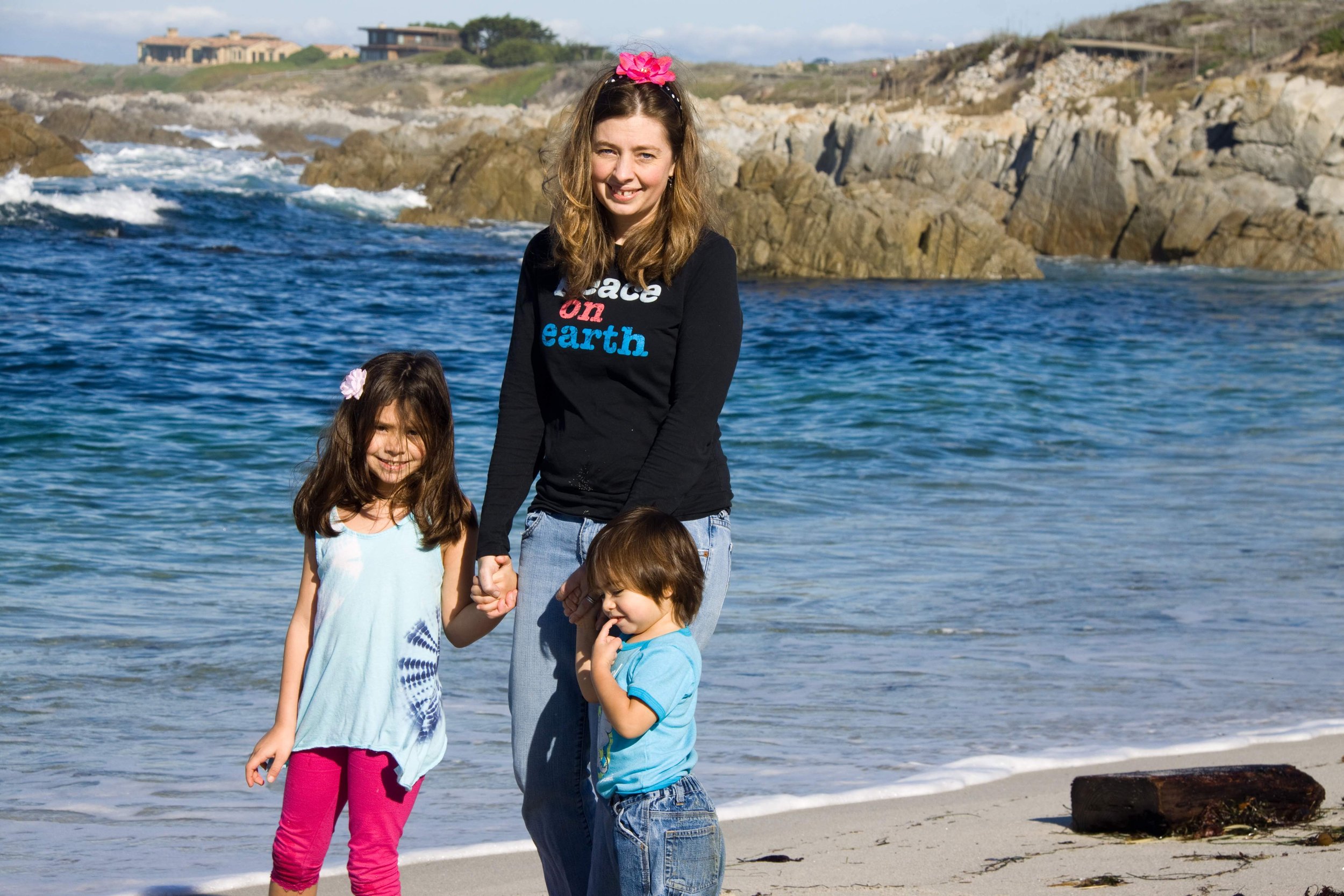The Outsider and Belonging: Disability, Survival, and Community
Growing up with an invisible disability meant I quickly learned how to survive spaces not made for me. I learned to be clever. In dodgeball, I'd quietly shift toward the line of those already out and step in when no one noticed. In kickball, I offered that classmates could cut in front of me, staying at the back of the line so I wouldn’t have to face the moment I’d inevitably be out. I didn’t opt out of PE (Physical Education). I participated, just as quietly and invisibly as possible. And I earned an A.
These were small loopholes, little strategies that gave me agency in environments that rarely offered it. I didn’t have a diagnosis in those days. So I was the clumsy, weak, liability. Picked last? Of course. I didn’t blame them. I wouldn’t want me on the team, either. I wasn’t trying to "win" by traditional standards. I was surviving. I was adapting. And I was finding ways to protect a sense of self-worth that was so often at risk of being eroded.
I cheered the team on, told everyone they were great, and encouraged them to take my turn. Or chose the least important space where I could avoid any actual gameplay. I was part of the team, sort of.
Little Lenka 🥰
It would have been easy to help me participate. Let someone else kick the ball for me, or make me a base coach. Adjust the rules so I wasn't an instant out. But that kind of accommodation was never offered. I wasn’t seen as someone who could thrive, only as someone who couldn't keep up. And that’s a message a lot of disabled kids receive early and often.
After I was diagnosed when I was thirteen, I was offered, for the first time, to walk the mile. Not to worry about time. And that moment was such a relief. We all have that power, diagnosis or not, to extend a hand to someone working hard in a moment and ask, how can I make this better for you?
As I grew older, I began to understand that these survival strategies weren’t failures or weaknesses. They were clever. They were resilient. But more than that, they highlighted a bigger truth: the difference between surviving in a world not built for you, and belonging in one that is.
That’s the shift I found in the disability community. A reframing of worth. A deep, radical pride in bodies and minds that move differently through the world. When a friend once asked me, "When were you first proud of your disability?" I was flummoxed. I had spent so many years trying to avoid attention, trying not to be the reason a team lost or a group slowed down. Pride wasn't even on the radar.
But that question opened a door. It challenged me to unlearn what I’d absorbed from a thousand little moments of exclusion. And it invited me to imagine a world where I didn’t have to carve out space alone—where community co-creates a shared space instead.
That’s a theme I carry forward into my work, especially Cozy Crime Lab, where the main character lives with Charcot-Marie-Tooth (CMT) disease. She’s not seeking a magical cure or a fix. She’s already whole. The power of her story is not in overcoming disability but in moving through the world with it, solving mysteries with a team who values her precisely as she is.
Right now, difference is more contentious than ever. And yet, there is a quiet revolution in choosing to tell stories of gentleness, shared power, and radical acceptance. These aren’t just cozy tales. They’re blueprints for a better world. And I’m proud to be writing them.
Lenka and her family by the beach years ago. Invisible disability looks like this. Lenka and her daughter both have Charcot Marie Tooth, a degenerative nerve disease that causes muscle weakness and coordination challenges.
I just remembered these childhood strategies this morning. They hadn't been important in my memories of childhood and middle school years. Yet, what a defining glimpse into my experience of growing up. I had to unlearn what I had learned through a thousand experiences like these. I felt unworthy, like a liability, broken. I can still tumble into the self-perception if I am not paying attention. I create a thousand ways to participate, usually from the sidelines. I send strength to everyone in a similar position. Gratitude to all supporters through the years. And hope that future generations lean into a community model that emphasizes worth in all abilities, belonging in many contributions, and value for each and every person. Sending you light.

